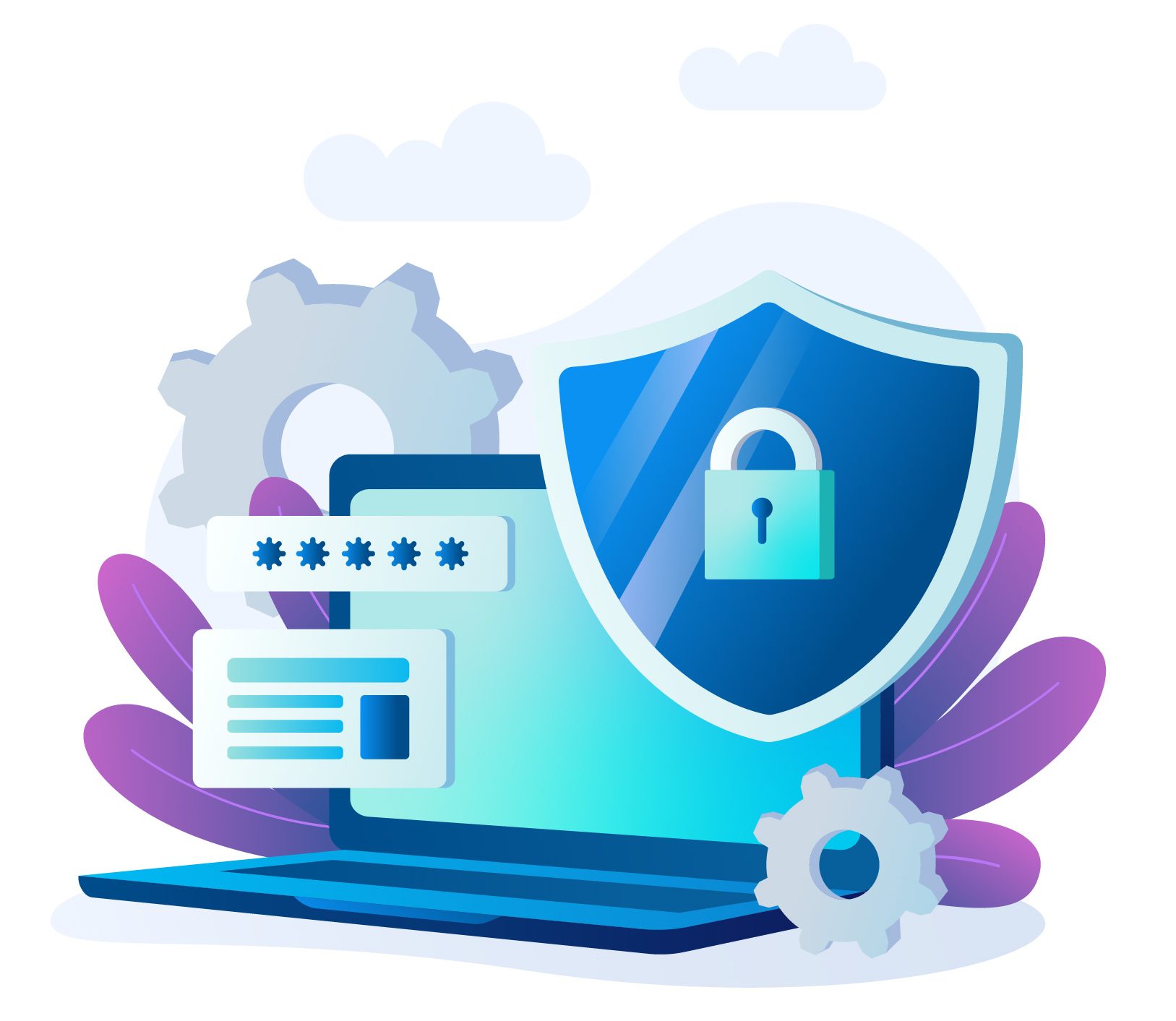
Genetic Data Security Managing Compliance with GDPR and KVKK
The Sensitivity and Risk Profile of Genetic Data
Next Generation Sequencing (NGS) technologies are revolutionizing genomics by enabling highly personalized analysis at unprecedented speed and depth. However, this technological advancement comes with serious responsibilities—especially in the realm of data security. Genomic data does not only reflect an individual’s health status; it can also reveal ancestral heritage, hereditary disease risks, ethnic origin, and familial relationships.
In essence, genomic data is a person’s digital biological identity. Its exposure can result in far more significant harm than the breach of traditional personal data. Therefore, securing this data is not just a regulatory obligation—it is a moral imperative.
Regulatory Expectations
Global data protection frameworks classify genetic data as a special category of personal data, requiring a heightened level of protection. Laws such as the General Data Protection Regulation (GDPR) in the EU and KVKK in Türkiye demand explicit and informed consent before processing genetic information. The purpose of data collection must be clearly defined and lawful, and the use of data must be limited strictly to that purpose.

Furthermore, data subjects must be clearly informed about:
- What data is being collected,
- How it will be processed,
- Who it may be shared with,
- Whether it will be transferred abroad, and
- What security safeguards are in place during these processes.
Technical Safeguards in NGS Data Management
Managing genetic data securely requires robust technical infrastructure and operational discipline.
Key practices include:
- Encryption: All genomic data must be encrypted both at rest and in transit using modern, industry-standard algorithms.
- Access Control: Access to data should be strictly limited to authorized personnel, and all access should be monitored and logged.
- Anonymization and Pseudonymization: Data should be stripped of direct identifiers where possible to minimize the risk of individual re-identification.
- Data Lifecycle Management: Genomic data must be tracked and controlled from the moment of acquisition to its eventual deletion or anonymization.
Ethics and Transparency in Data Handling
Security is not only about infrastructure; it’s also about transparency and respect for individual rights. True consent goes beyond a signature—it requires clear, plain-language communication about how the data will be used, stored, and protected.
When individuals understand and trust how their data is handled, the relationship between scientific innovation and public confidence grows stronger.
NGS Cloud’s Commitment to Secure Data
At NGS Cloud, we approach genetic data security not merely as a legal necessity, but as a cornerstone of responsible bioinformatics.
- Our infrastructure is fully aligned with GDPR and KVKK standards, from data acquisition to analysis and archival.
- We implement encryption, role-based access controls, audit logging, and consent tracking as standard components of our workflow.
- We maintain full transparency with our users and partners regarding how their data is managed and protected, ensuring both compliance and confidence.
Protecting the Future of Precision Medicine
NGS-based analytics has opened the door to personalized healthcare, but this progress can only continue with a strong foundation of data privacy. Unlike traditional health records, a genomic dataset is immutable and unique to the individual—it demands a new level of protection.
At NGS Cloud, we believe that the protection of genetic information is not just today’s responsibility—it’s a vital investment in the future of healthcare and trust in science.



